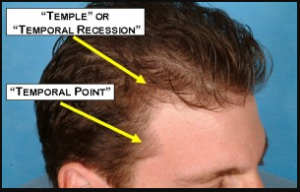LONDON (Reuters) – Omega-3 fish oil supplements can improve attention in children with attention deficit hyperactivity disorder (ADHD) just as much as drug treatments, but only in those whose blood levels of omega-3 are low, trial results showed on Wednesday.
Researchers in Britain and Taiwan who conducted the placebo-controlled trial with 92 children said their findings suggest a “personalized medicine” approach should be adopted in this and other psychiatric conditions.
“The omega-3 supplements only worked in children that had lower levels of EPA (eicosapentaenoic acid) in their blood, as if the intervention was replenishing a lack of this important nutrient,” said Carmine Pariante, a professor at the Institute of Psychiatry, Psychology & Neuroscience at King’s College London who co-led the trial.
He said the work sets a precedent for other nutritional interventions and could be the start of “bringing the benefits of ‘personalized psychiatry’ to children with ADHD.”
ADHD is a common brain condition that affects an estimated 3% to 7% of people worldwide. Symptoms can include problems with attention and impulsivity that cause difficulties in academic, work and personal relationships.
In this study, published in the journal Translational Psychiatry, researchers from King’s and from the China Medical University in Taiwan conducted a randomized controlled trial with 92 children aged 6 to 18 with ADHD.
They were given either high doses of the omega-3 fatty acid EPA, or a placebo, for 12 weeks.
Results showed that children with the lowest blood levels of EPA showed improvements in focussed attention and vigilance after taking the omega-3 supplements.
Standard treatments for children with ADHD include stimulants such as Ritalin, known generically as methylphenidate, which can improve levels of concentration and focus in ADHD patients.
Pariante’s team said that while the amount of improvement in attention and vigilance from methylphenidate is generally 0.22 to 0.42, the effect seen in children with low levels of EPA in the trial was larger – at 0.89 for focused attention and 0.83 for vigilance.
But in children with normal EPA levels, omega-3 supplements made no improvement, and in those with high EPA, the supplements had negative effects on impulsivity symptoms.
The scientists warned parents should not give their children fish oil supplements without checking first with a doctor, and stressed that omega-3 levels can be checked with a blood test.
https://bit.ly/34fqKTj
Translational Psychiatry, online November 20, 2019.


